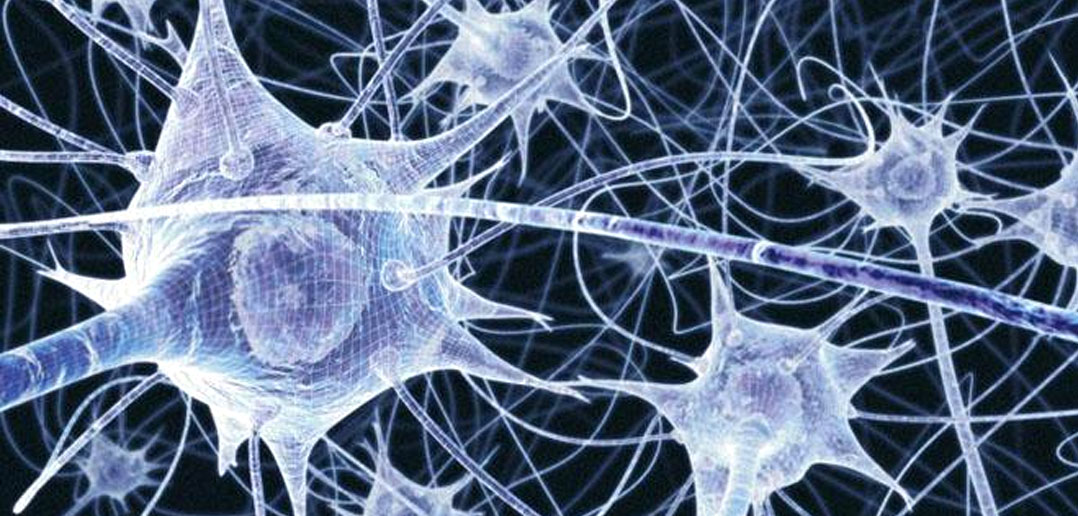Like anything else in our bodies our appetite is controlled by cells in our brains. They tell us when we are hungry, when we need to eat and when we are full. Unfortunately not everybody has properly functioning cells and their brain doesn’t correctly signal to them that they are full, so they keep eating. Now scientists have identified the brain cells that control appetite which could lead to breakthrough treatments for obesity, diabetes and weight related diseases.
These cells are called tanycytes and they respond to to amino acids found in foods. They use the same receptors used to to sense the flavor or Amino acids, known as umami taste. These receptors are found on the taste buds of the tongue. The tancytes are able to detect changes to Amino acid levels within 30 seconds and they then send signals to the parts of the brain that regulate appetite and weight level.
The researchers discovered that tacytes interact directly with amino acids by cutting off their access to the umami taste receptors. The researchers found that once the tacytes could no longer sense ammino acid levels through the Umami they stopped sending any signals to the brain.
The implications for future weight loss treatments are enormous.
This link between amino acid and appetite will have a huge impact on the way we treat individuals who are overweight. One of the most important aspects of the study was that researchers identified two amino acids that send particularly strong signals to the tacytes, arginine and lysine. These two amino acids react particularly strongly with tacytes which makes them suppress hunger particularly quickly.
Arginine and lysine are present in high concentrations in a number of different foods. This includes food like; avacado, chicken, mackerel, plums, apricots, lentils and almonds. Food with high concentrations of these amino acids will make the tacytes signal to the brain that it is full faster than foods with lower concentrations of argine and lysine.
The fact that we can identify brain cells that control appetite and more significantly identify what stimuli they react to is hugely significant. It will allow doctors to craft specialized diet plans designed to maximize the feeling of being “full” while also ensuring that patients eat less. There is also the possibility that this knowledge could be used in order to create appetite suppressants
The research is still young but the fact that we have identified the brain cells that control appetite will be a huge step forward for people who have difficulties controlling their weight and could be key in helping to fight obesity.
 Tech Gadget Central Latest Tech News and Reviews
Tech Gadget Central Latest Tech News and Reviews




